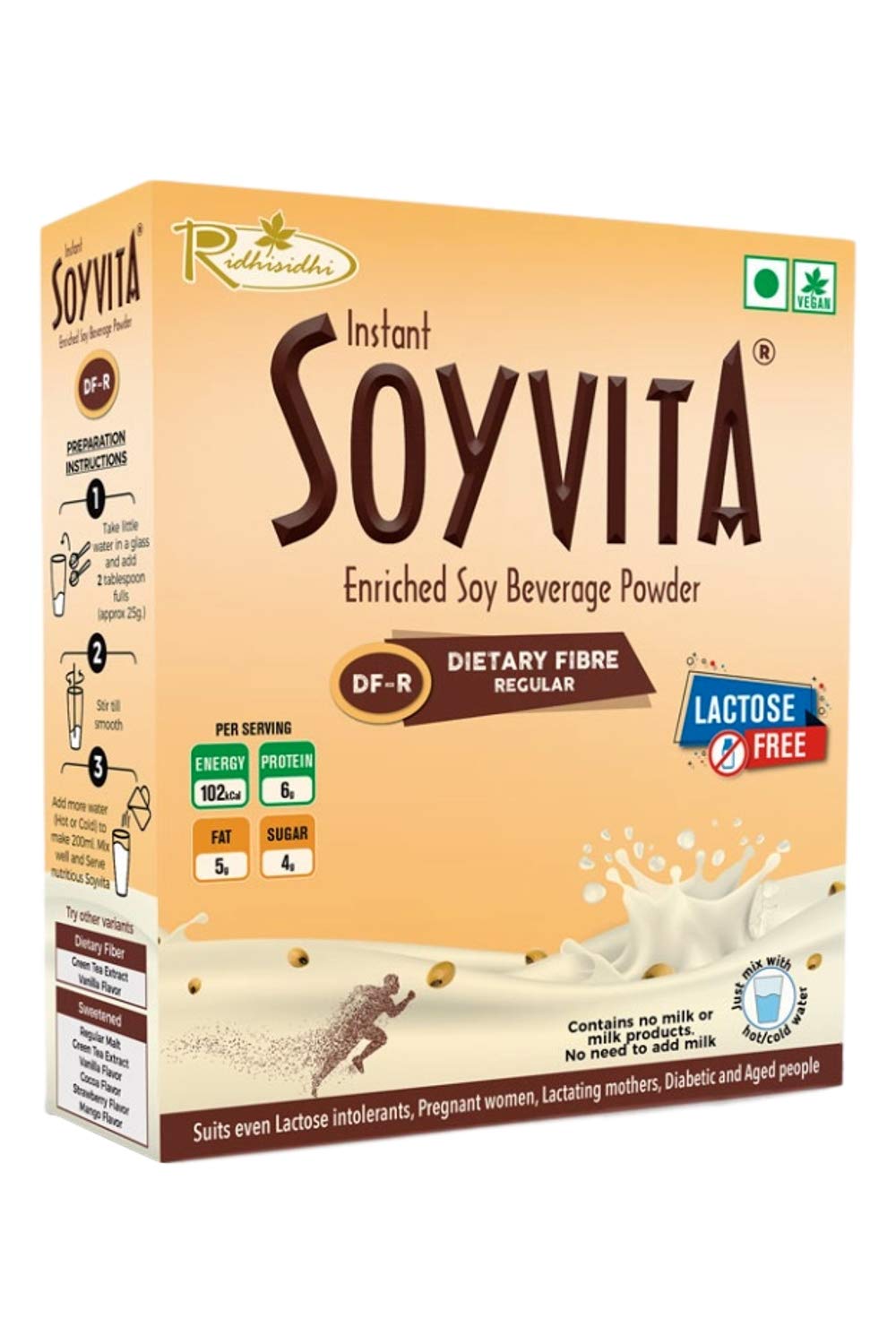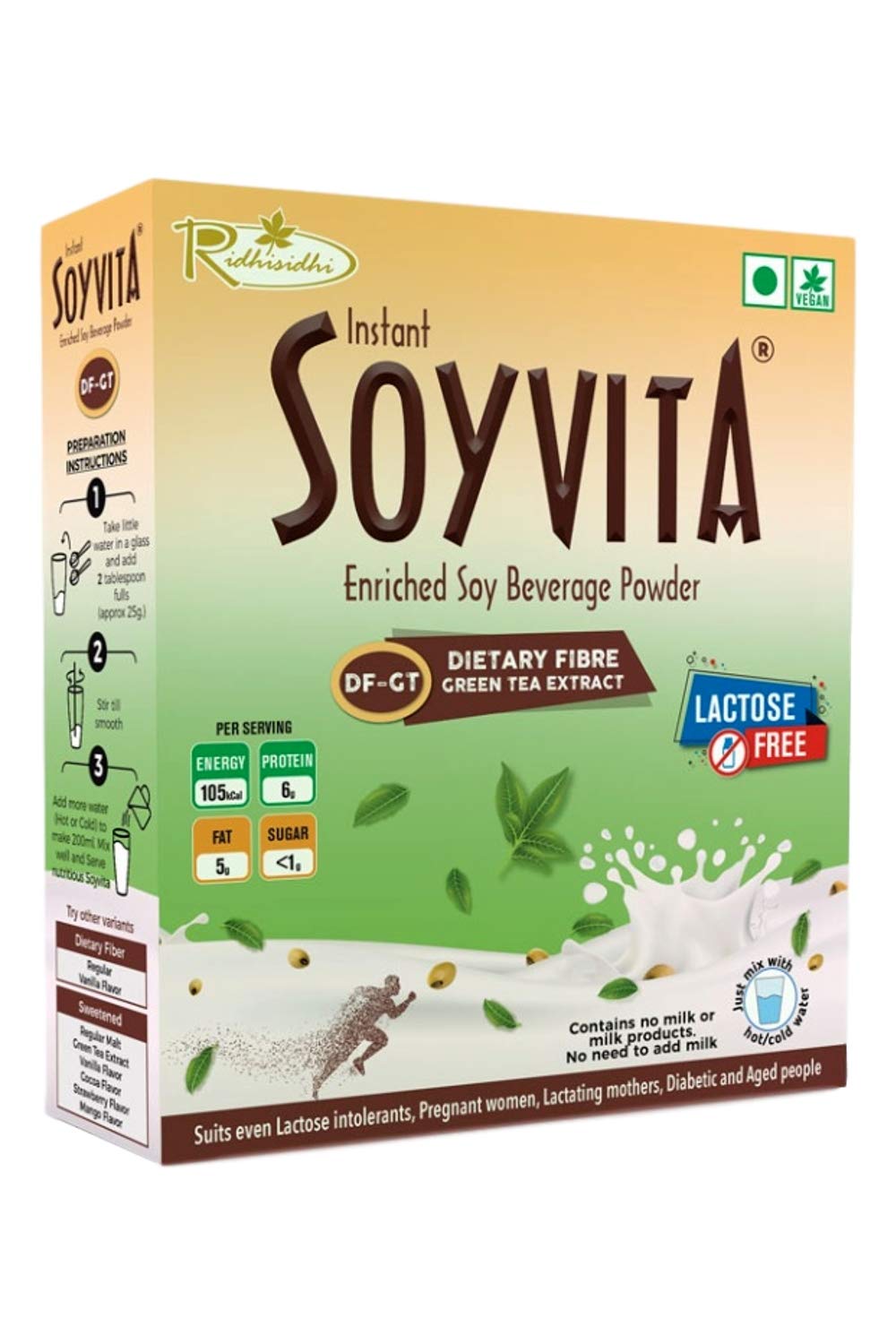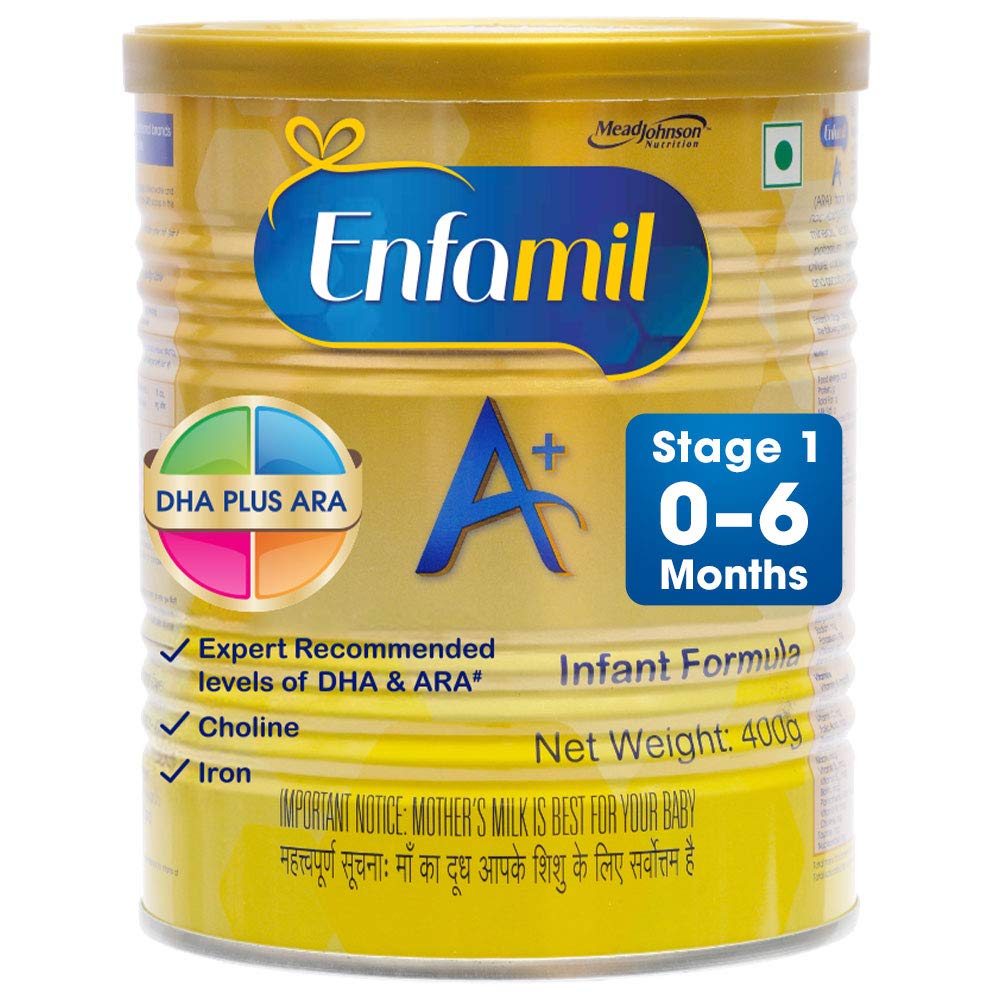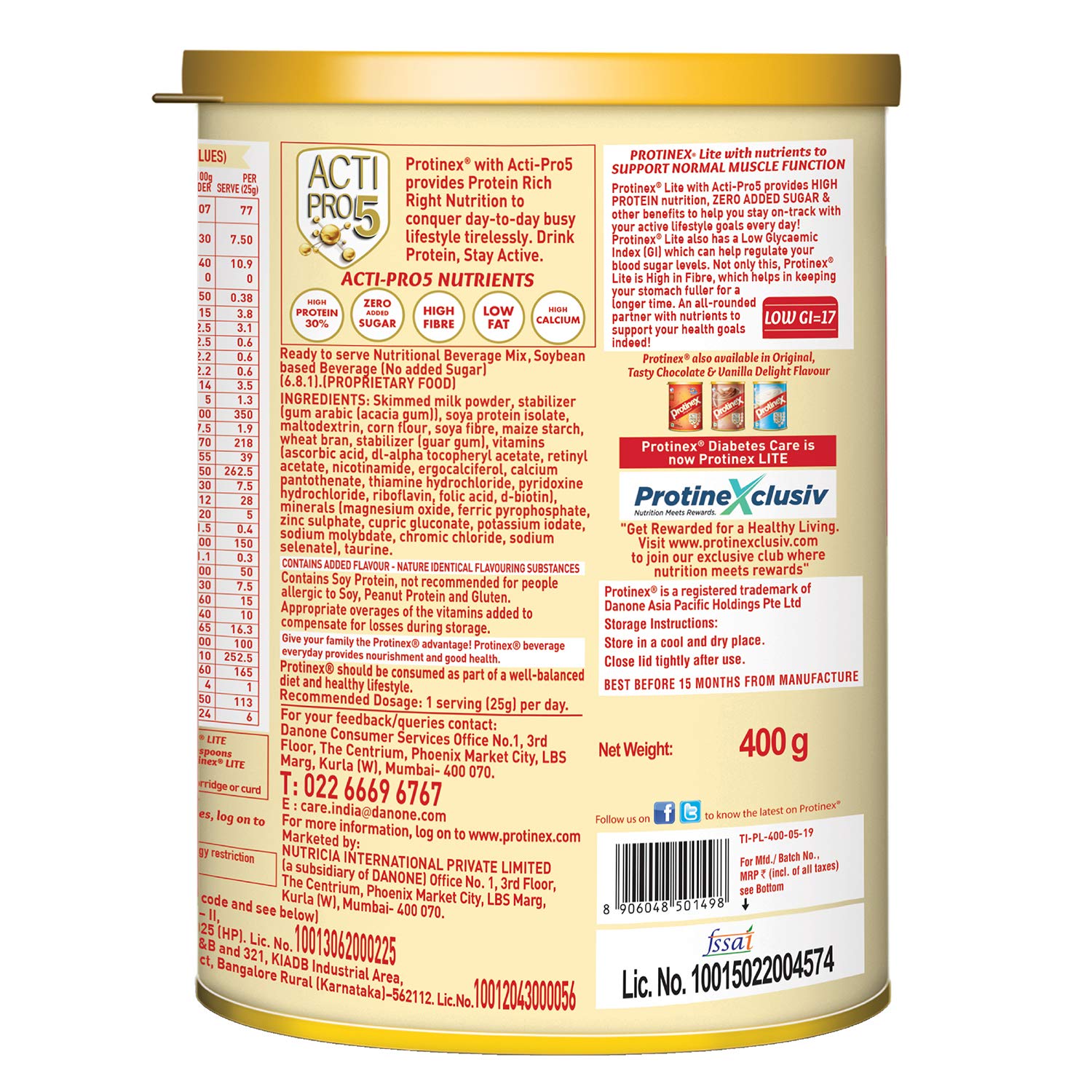Taurine
Micronutrient
Last update date: November 08, 2023
It helps support nerve growth. It might also benefit people with heart failure by lowering blood pressure and calming the nervous system.
Frequently Asked Questions
1.
What is Taurine?
Taurine is an amino acid and it plays a few very critical roles in the body. It supports nerve growth and helps maintain its proper function. Taurine also helps maintain a level blood pressure hence people with an abnormally high blood pressure must make sure they consume adequate amounts of taurine in their diet. Taurine is found in meat, fish and eggs.
2.
What is positive impact of Taurine?
Researchers believe that taurine holds great potential for treating two serious health problems - congestive heart failure (CHF) and liver disease caused by viral infections (hepatitis). In studies where participants were given taurine orally, it was observed to improve heart health and reduce the severity of CHF symptoms. Supplements also helped boost exercise stamina in people dealing with CHF. Similarly, tests indicated improvements in liver function in people afflicted with hepatitis following increased intake of taurine. Even though there is still much unknown regarding taurine's full capabilities for these conditions, available data points toward promising possibilities worth further exploration.
3.
What is negative impact of Taurine?
Taurine is a nutrient with extraordinary benefits for specific health conditions. If you're dealing with congestive heart failure or fluid retention in the body, also known as CHF, taurine can be a game-changer! Taking taurine orally has shown promising effects, such as improving heart function, reducing symptoms, and enhancing exercise capacity in individuals with CHF. Additionally, taurine may come to the rescue for people with hepatitis, a liver inflammation condition, by supporting liver function. These findings provide hope for those facing these challenges and highlight the potential positive impact of taurine on their well-being.
4.
Who should avoid Taurine?
During pregnancy and breastfeeding, it's recommended to avoid the use of taurine supplements. While taurine itself is generally safe, limited research exists on the effects of taurine supplementation specifically during these crucial periods. To prioritize the well-being of both the mother and the child, it is advisable to consult with a healthcare provider before considering any dietary supplements, including taurine. Their expertise and guidance will ensure that you make informed decisions regarding your nutritional needs during these special stages of life.
5.
What are common sources of Taurine?
Taurine can be found in a variety of foods, including: Meat: Beef, chicken, turkey, and pork loin are good sources of taurine. Seafood: Fish like tuna and shellfish can provide taurine. Processed meats: Salami and other cured meats may contain taurine. Dairy products: Milk naturally contains taurine, making it a convenient source. Energy drinks: Some energy drinks are fortified with taurine, although it's important to consider the overall nutritional value and consume them in moderation. Incorporating these foods into your diet can help ensure an adequate intake of taurine for supporting your body's essential functions. Remember to focus on a balanced and varied diet to obtain a wide range of nutrients.
6.
Which are symtoms of Taurine deficiency?
Taurine deficiencies are rare, but certain individuals may be more vulnerable. Vegetarians, vegans, and premature infants are at higher risk due to limited dietary intake or underdeveloped synthesis. Insufficient taurine levels can lead to issues like impaired vision, heart problems, and potentially an increased risk of metabolic disorders. If you suspect a taurine deficiency, consult with a healthcare professional for diagnosis and personalized guidance to support your overall well-being.
7.
How much taurine is OK per day?
It is safe to consume 500-3000mg of Taurine in a day.

















